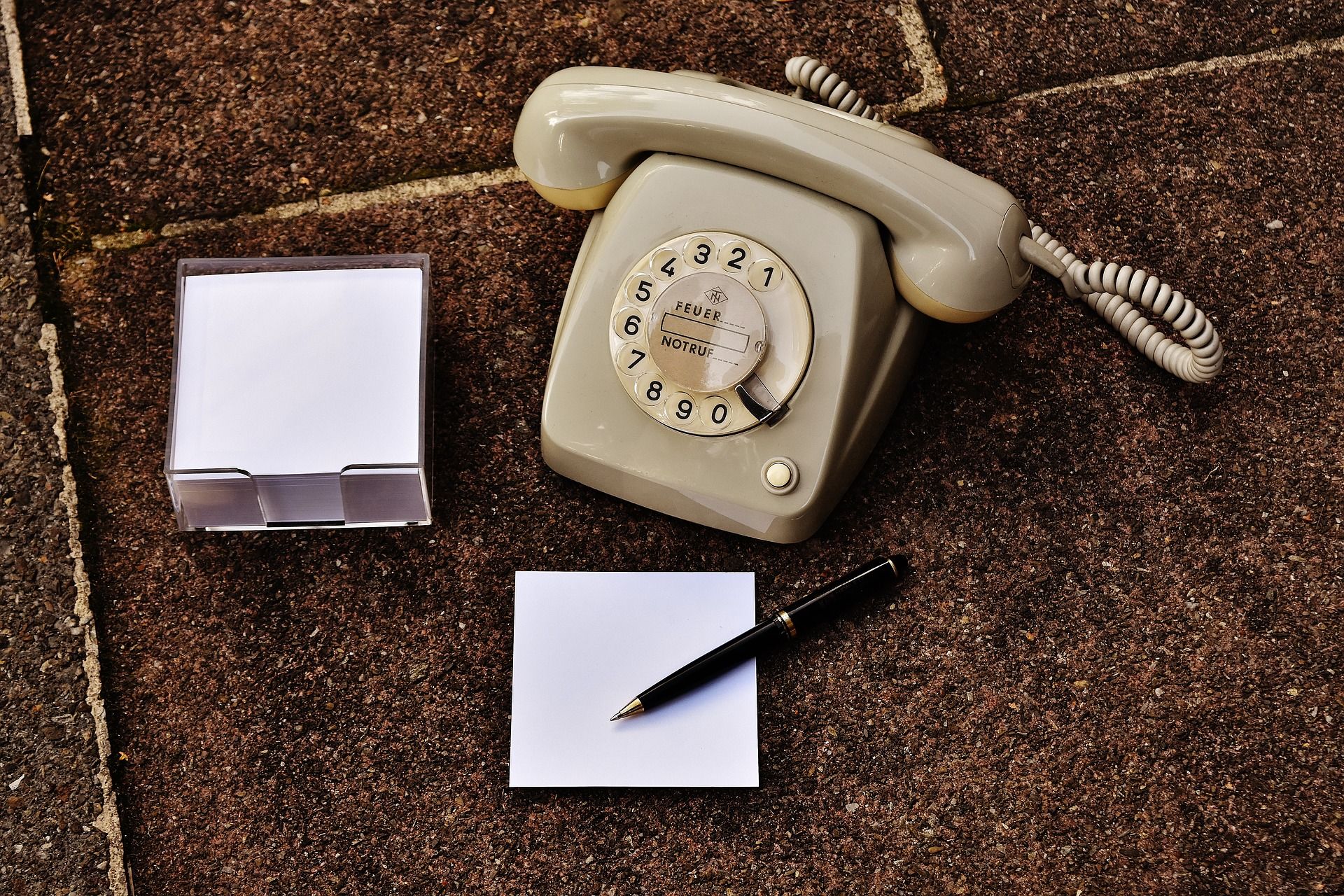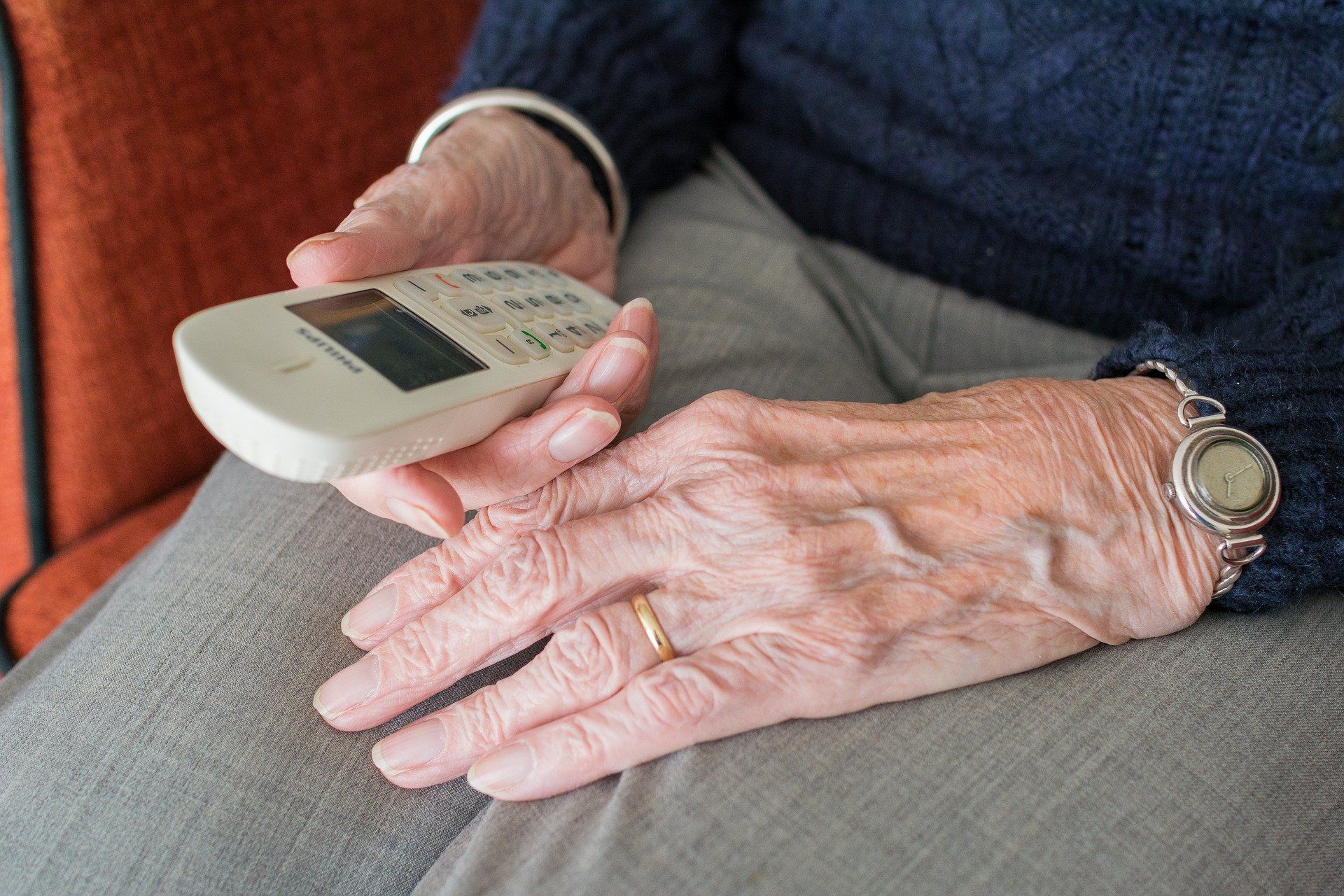Caller ID is widely available for both landlines and smartphones. Although this feature made it almost impossible to perform prank calls on your neighborhood friends, it doesn’t mean you always know who’s actually calling.
There are several reasons why someone’s number would remain anonymous—from privacy concerns of individuals to unlisted numbers for companies. But many scammers and spammers use unidentified numbers to catch their latest victim, so what is a phone scam? How do they work?
What Is a Phone Scam?
Different types of suspicious calls count as phone scams. Essentially, if the caller aims to con you out of something, this is a phone scam. There's no one set thing that a phone scammer wants from you. Their goals influence the type of calls they make.
Sometimes, they directly ask for sensitive information. Other times, they try to trick you into handing over logins. They often use scare tactics to trick you out of the information before thinking about what you are doing.
Phone scams are sometimes dangerous. At the very least, they are a nuisance that wastes your time and compromises your peace of mind. In extreme cases, people can lose a lot of money or fall victim to identity theft.
You must learn to identify a phone scam before they have the chance to do any damage.
What Are Common Phone Scams to Look Out For?
A phone scammer may try several tricks, but some schemes are more common than others. They generally want you to hand over your information by the end of the phone call. They try to incorporate different scenarios that would capture your attention.
Here are a few popular phone scams.
Arrest Threats
Jailtime would be a scary threat for anyone, especially if you did nothing wrong. Some scammers pose as officers from the local police department or IRS, demanding information.
Unwarranted Technical Support
Unless you contacted a website for help, don’t answer personal questions from individuals claiming to be technical support. Scammers sometimes pose as customer support for banking or other popular apps and request your login details to “help you.”
Fake Charities
Some charities do reach out to donors over the phone. However, scammers try to take advantage of good-natured Samaritans by creating fake charities and soliciting donations, or even just purporting to be a representative of a real charity and scamming you out of money.
Contest Wins
If something sounds too good to be true, it often is. If someone calls claiming you won the lottery or another massive prize, be suspicious—especially if you did not enter any contests in the recent past.
Debt Relief
Another example of something too good to be true includes debt relief schemes. They target individuals likely to have student, healthcare, or other debt and push loan scams or trick you into handing over your sensitive information.
People in Danger
One of the cruelest scams involves lying about someone being in danger. These fake scenarios may include anything from fake “Nigerian prince” schemes to someone claiming your family is in the hospital or stranded. They'll then ask you for financial support or further personal information, apparently to help out.
"Is This Number Safe?": How Do You Tell if a Number Is a Scam?
While the ideal situation would be to ignore any calls you don’t recognize, this isn’t very practical. You may miss an important call. There are a few simple tips to keep in mind to protect your information and avoid phone scams.
When you notice the location of a call is out of your home country (and you don’t know anyone living or visiting there), it’s likely a scammer. Not only are they likely scams, but they may cost a lot of money depending on how your phone plan treats international calls.
Some area codes indicate scam calls too, including 809, 506, 242, and 404.
The best way to avoid scams is to never answer those calls in the first place. If you notice these things popping up on your caller ID, don't pick up the phone.
Your own phone might even warn you by reporting a call as "Scam Likely"!
Remember, if you are ever wary about a call, you can always let it ring and look up the number later. There are different techniques to perform reverse phone lookups. Of course, if a company has an unlisted number, this won’t provide you too much information.
It's always worth checking on social media too: plenty of people warn others about scammer numbers, so be on the lookout for those. It's as simple as searching on Twitter.
How to Tell if a Call Is a Scam
In case you pick up the phone, it is not too late. It’s often straightforward to identify if a call is a scam by the content of the conversation.
Many scammers use fear tactics, so remain calm and rational while deciding if a call is a scam or not. Consider the following red flags to look out for.
Asking for Passwords
Customer support will never request your login information. They may sometimes ask answers to security questions, but never your password.
In fact, you should never give out your password to anyone.
Also, keep in mind that if you did not call technical support, they probably wouldn’t be calling you either. Many lost a significant amount of money falling for CashApp scams where scammers pretended to be technical support.
Asking for Personal Information
Don't give out your sensitive information to a stranger over the phone. Even seemingly harmless pieces of information (like addresses and your date of birth) may be useful to scammers.
Promotions You've Never Heard Of
Did you win a million dollars in a contest you never entered? Is there an alleged “warrant” for your arrest for late payments on a car you don’t own?
Chances are, these threats or prizes are fake.
Refuse to Give Enough Information
A legit company could provide further information for your peace of mind. An address or company name to prove their identity can help, but isn't enough. Additionally, if a caller claims your “grandson” or “friend” is in trouble but can’t provide an actual name, it’s a scam.
Should I Worry About Scam Calls?
Scam calls are a reality that many of us will face at one time or another. While they can be dangerous, for the most part, they are merely a hassle. Learning how to identify phone scams is a great way to avoid falling for them.





